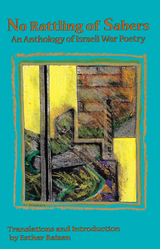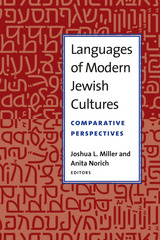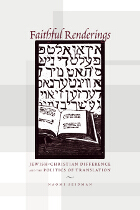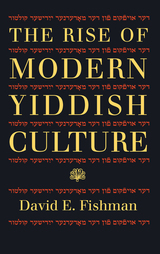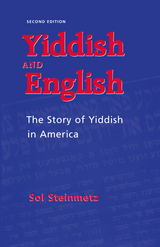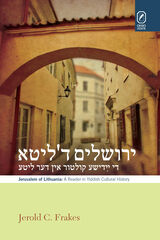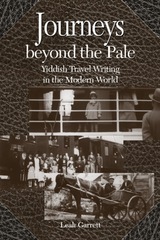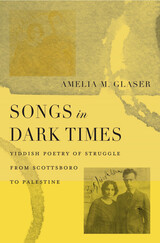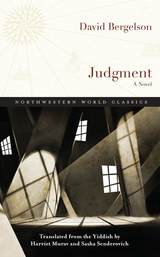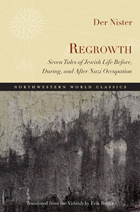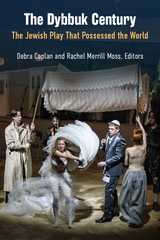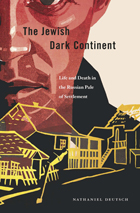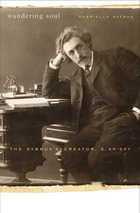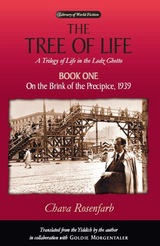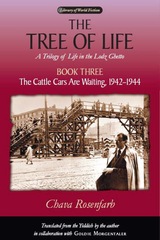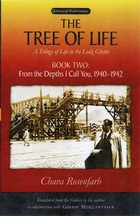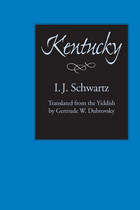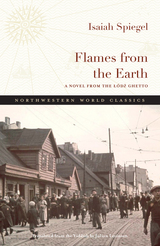Regrowth: Seven Tales of Jewish Life Before, During, and After Nazi Occupation
Northwestern University Press, 2011
eISBN: 978-0-8101-6527-4 | Paper: 978-0-8101-2736-4
Library of Congress Classification PJ5129.K27V513 2011
Dewey Decimal Classification 839.133
eISBN: 978-0-8101-6527-4 | Paper: 978-0-8101-2736-4
Library of Congress Classification PJ5129.K27V513 2011
Dewey Decimal Classification 839.133
ABOUT THIS BOOK | AUTHOR BIOGRAPHY | TOC | REQUEST ACCESSIBLE FILE
ABOUT THIS BOOK
The seven stories that compose Regrowth (Vidervuks) might shock readers familiar with accounts of the Holocaust marked by mournful and sentimental overtones. Although the outcome is often terrible, Der Nister’s characters refuse to accept the role of victim. Likewise, the monstrosity of the perpetrators is not at issue: the Nazis may be abominable, but they do not warrant attention for longer than a savage animal would. Der Nister is drawn to parties capable of moral decision—and their dilemmas often feature an opponent that is inside one’s own people, inside oneself. “Flora,” for example, follows a father and daughter through the Nazi invasion and later Soviet occupation of a Polish-Jewish city.
Der Nister paints a sympathetic portrait of the father, a member of the Jewish Council, even though he collaborates with the Nazis in a misguided attempt to help his people. To repair the father’s mistake, his daughter joins the resistance, seduces a traitor, and delivers him to his death. Accounts are settled within the Jewish community. The Nazi enemy is largely passed over in the silence his infamy deserves. Der Nister’s characters are crafty, and they do not hesitate to use force when necessary. After the defeat of the Nazis and Soviet takeover, Der Nister suggests, the maneuvering will continue. The morally complex characters and richly layered stories of Regrowth ultimately reclaim a more nuanced view of crimes still not fully reckoned.
Der Nister paints a sympathetic portrait of the father, a member of the Jewish Council, even though he collaborates with the Nazis in a misguided attempt to help his people. To repair the father’s mistake, his daughter joins the resistance, seduces a traitor, and delivers him to his death. Accounts are settled within the Jewish community. The Nazi enemy is largely passed over in the silence his infamy deserves. Der Nister’s characters are crafty, and they do not hesitate to use force when necessary. After the defeat of the Nazis and Soviet takeover, Der Nister suggests, the maneuvering will continue. The morally complex characters and richly layered stories of Regrowth ultimately reclaim a more nuanced view of crimes still not fully reckoned.
See other books on: 1884-1950 | Butler, Erik | During | Fiction | Translations into English
See other titles from Northwestern University Press

